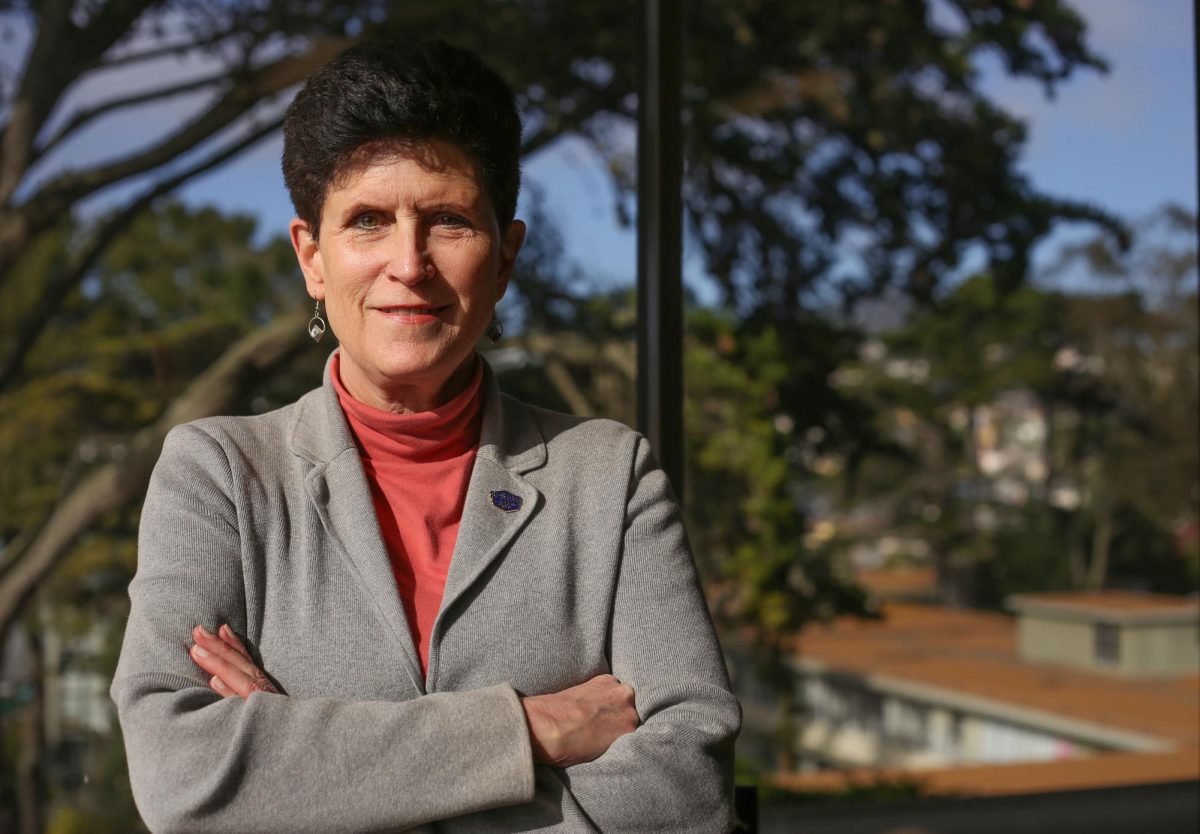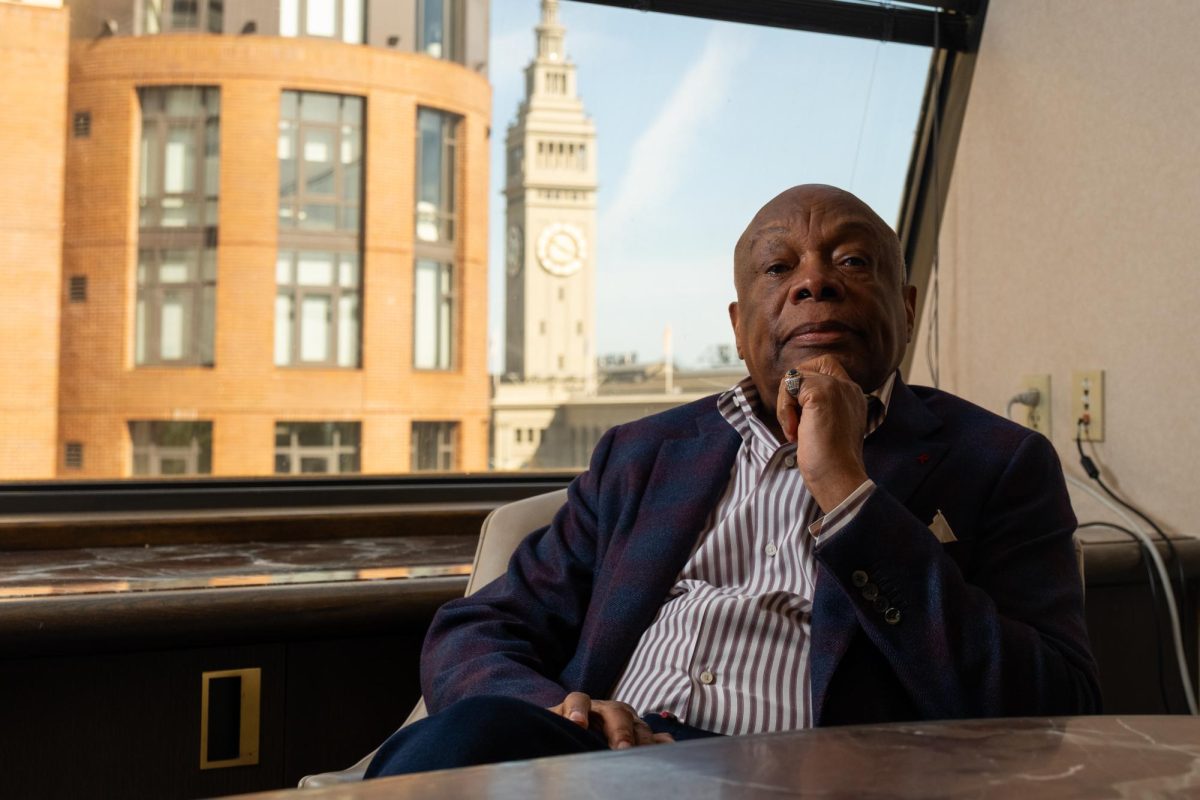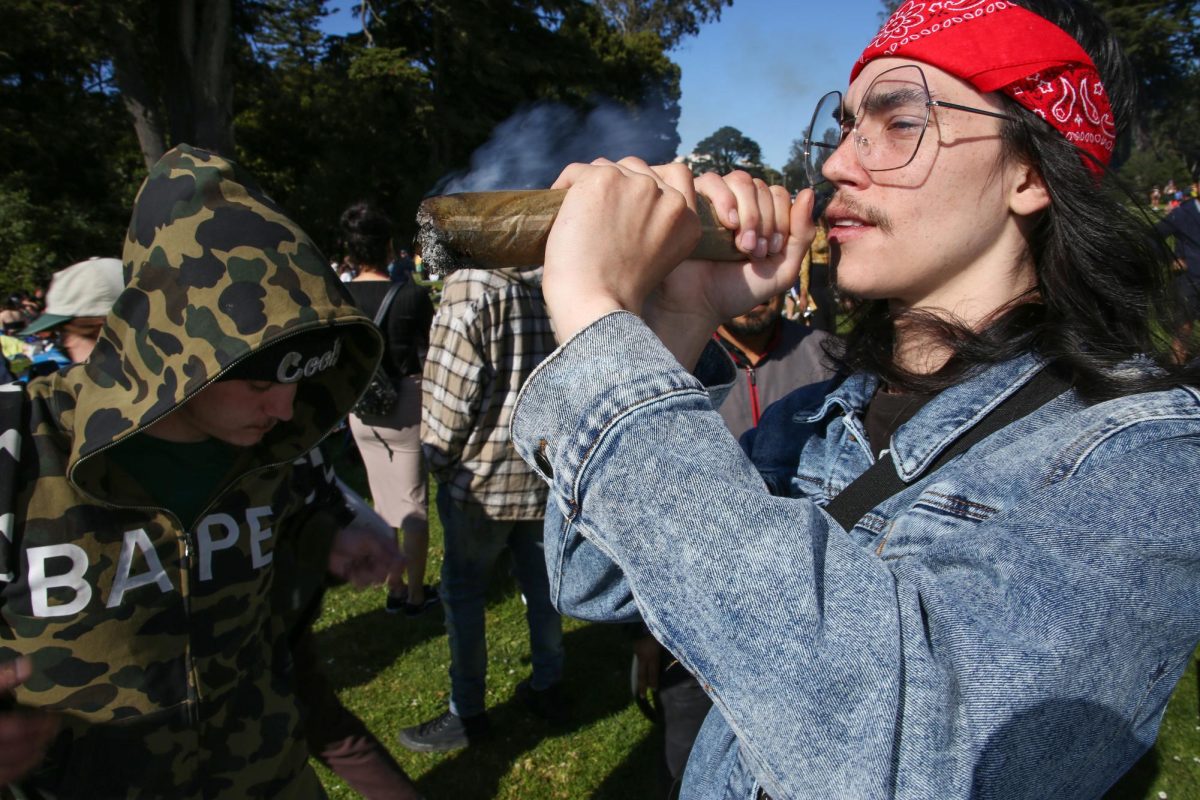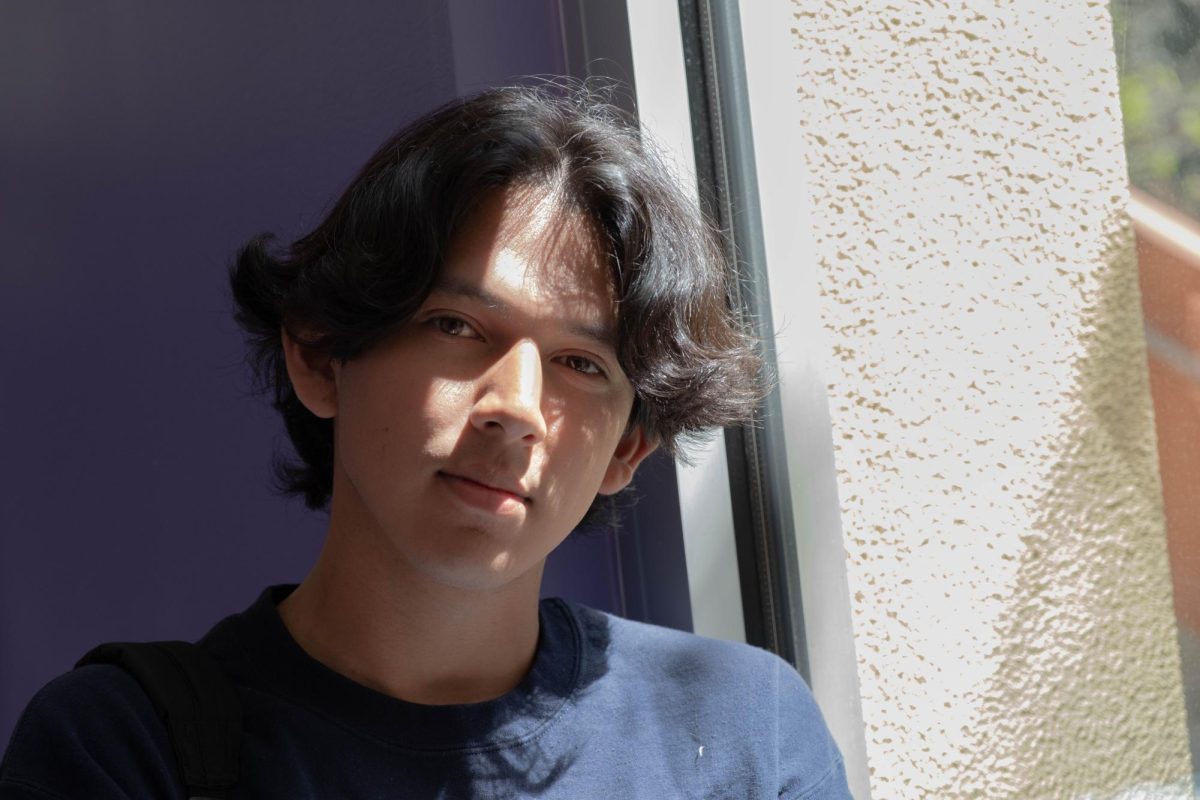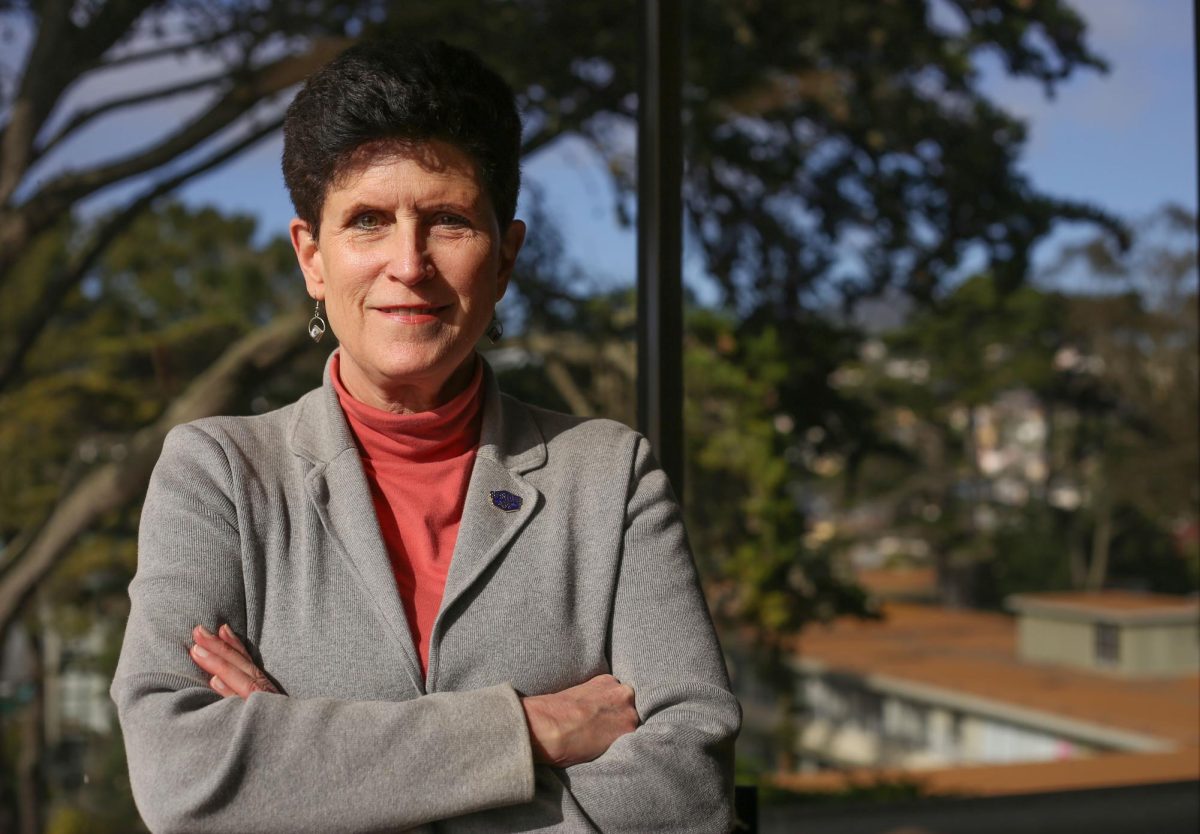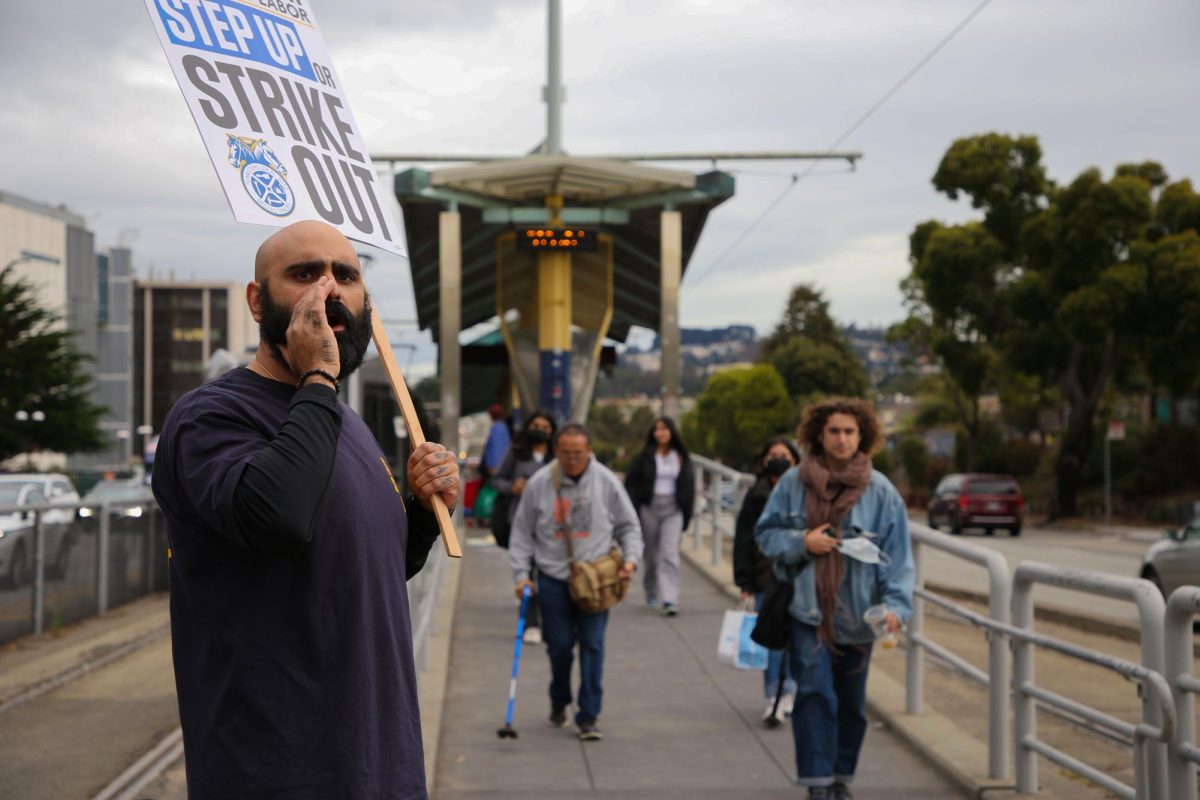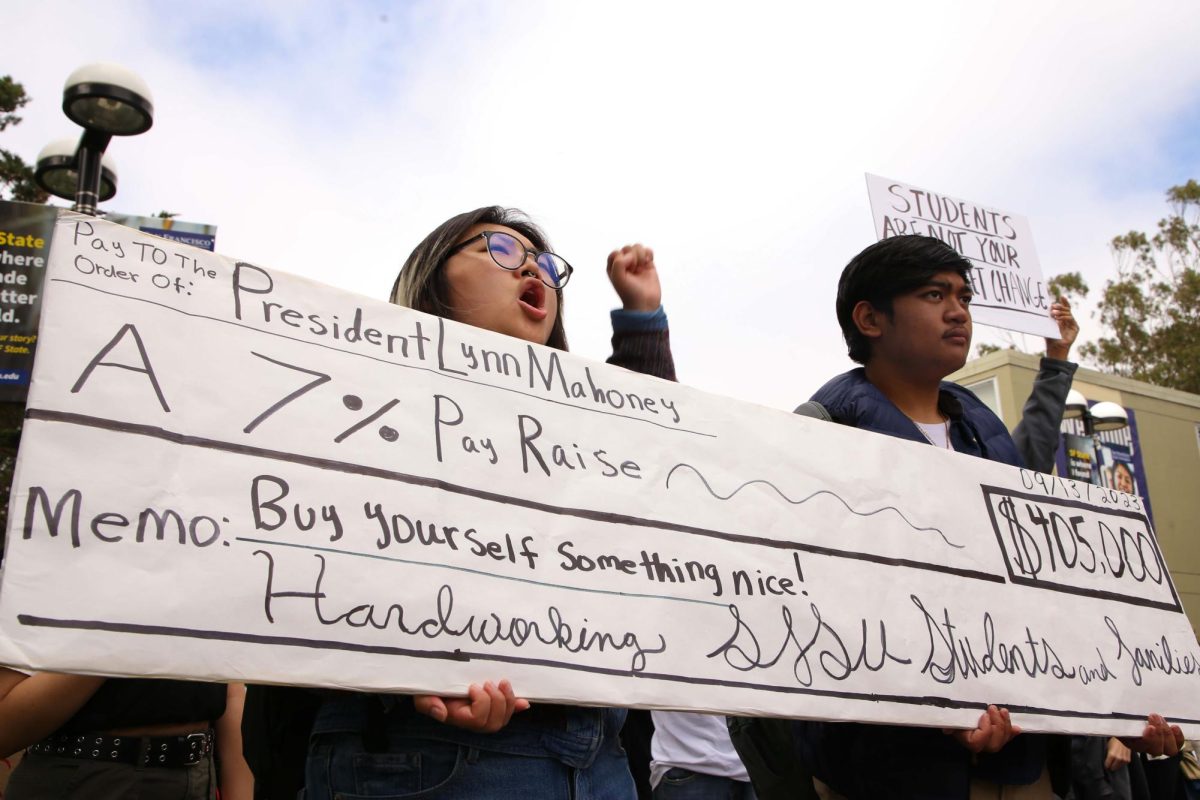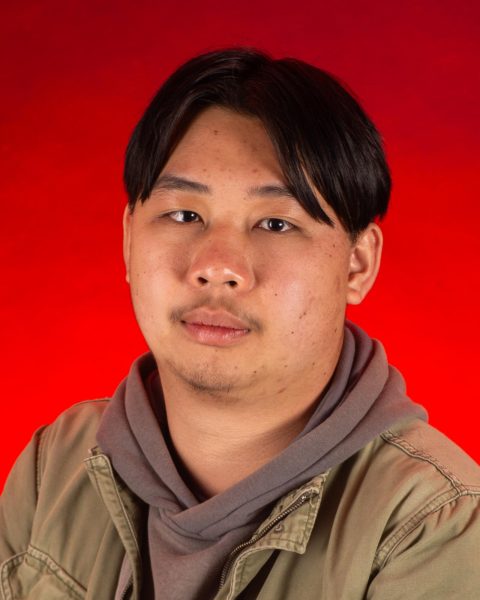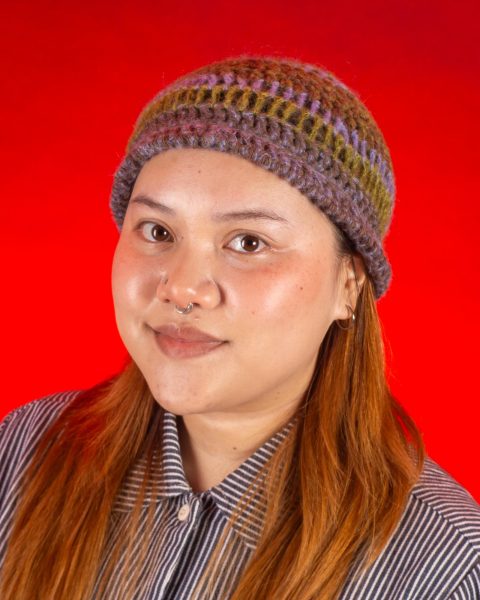Just two days into 2024, Claudine Gay resigned from her position as president of Harvard University amidst plagiarism accusations. The resignation also came after a statement from the university’s Office of the President received a lot of backlash and criticism from students and non-students alike. The statement’s opening line, released on Oct. 9, 2023, reads:
“We write to you today heartbroken by the death and destruction unleashed by the attack by Hamas that targeted citizens in Israel this weekend.”
A guest essay written by Gay and published on the New York Times’s website the very next day mounted a defense on both fronts. The essay also alluded to a greater crisis facing not just Harvard, but higher education as a whole: attacks on diversity, equity and inclusion, particularly from Republican bodies. Gay ends the essay with a “broader caution,” urging readers and college students alike to carry skepticism into conversations on antisemitism and “hot button” issues in general.
“College campuses in our country must remain places where students can learn, share and grow together, not spaces where proxy battles and political grandstanding take root. Universities must remain independent venues where courage and reason unite to advance truth, no matter what forces set against them,” the closing paragraph reads.
Gay’s statements raise the question: what exactly is considered “political grandstanding”? As one of only four public universities in the city, SF State upholds the highest registered Democrat population of any other college campus in the United States. With a rich history of political action, and in such a politically polarized present, could what happened at Harvard also happen here?
Well, it sort of already has. On Oct. 1, 2018, former SF State president Leslie Wong announced in a YouTube video that he would be “[stepping] down” from his position the following July. Wong’s time as president includes several instances of friction with students, including two lawsuits filed by Jewish students who claimed the university “fostered or encouraged anti-Semitic conduct,” as Mandel v. CSU, one of the lawsuits, puts it .
“I had a lot of growth there, a lot of good memories there, a lot of good times, but I would be lying to you to say that it was not politically agitated, constantly,” said Joaquin Dante Vasquez-Duran, who graduated from SF State in 2019. “There was never a moment where it wasn’t really tense. Emotions were always running high. […] It was never not like that.”
Several sources mentioned a specific incident from 2016, where Nir Barkat, the mayor of Jerusalem at the time, came to campus as part of an event sponsored by Jewish student organization SF Hillel. However, after an hour of being shouted down by students, the event was essentially canceled. The students later published a statement, which explained that they were protesting the Israeli technological sector—Barkat’s career field prior to entering politics—to the “daily and entrenched forms of humiliation of indigenous Palestinians.”
“We need dissent, we need free speech; it all happens,” said Marc Dollinger, the Richard and Rhoda Goldman Endowed Chair in Jewish Studies and Social Responsibility at SF State.“The problem was the protesters entered the room and brought in bullhorns and didn’t stop for an hour. It was physically impossible for the mayor to speak because no one could hear him. Even with the microphone, you still couldn’t hear him.”
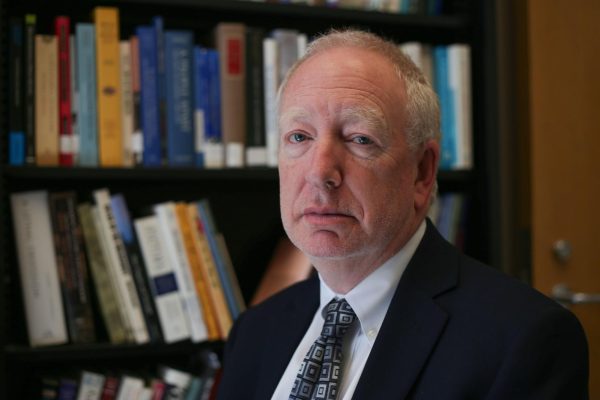
(Tam Vu)
In response to the incident, the university created a Time, Place & Manner policy to uphold its mission of providing a forum for debate. Policy guidelines include scheduled events taking precedence over spur-of-the-moment activities, sound amplification being limited to times when classes aren’t in session and the prohibition of activities which may “restrict or disturb” university business.
“At that time, there were not really campus protocols put in place for productive dialogue, respecting differences of opinion and whatnot, so much to the point where there was really negative phrases being shouted at students attending the lecture, and the lecture was unable to move because of the disturbance,” recalled Emily Simons, Hillel’s associate director of community engagement
In 2019, Lynn Mahoney was appointed president of SF State and still currently holds that position of office. Amidst the ongoing military campaign in Palestine, which various student groups have described as a “genocide,” how is the campus community now navigating discussion on antisemitism?
On the administration end, things seem to be much better, according to Hillel’s executive director Roger Feigelson. He referred to the relationship between SF State President Lynn Mahoney and Hillel the “gold standard.”
“There was some graffiti that appeared in one of the bathrooms, and she texted me at 10 at night to say, ‘I want to let you know this is what happened,’ ” said Feigelson. “ ‘I’ve already called campus police to investigate. I’ve let facilities know so they can remove it, and I’m issuing a statement in the morning,’ and sure enough, by morning, the graffiti was gone.”
Building relationships with student organizations and ensuring all demographics are equally represented within the realm of university functions—typically, through Associated Students—has been one of Mahoney’s priorities. However, antisemitism on college campuses and the resulting discussions have been a “pain point”—as described by Mahoney—for SF State since the ‘60s.
“In fact, before I even started, I was getting emails complaining about [controversial] social media posts,” said Mahoney.
Barkat wasn’t the first guest to depart from campus after being invited to speak. In October 2022, SF District Attorney Brooke Jenkins saw a similar reaction during a debate with opponents John Hamasaki and Joe Alioto Veronese. Jenkins left campus after 10 minutes of being confronted by students protesting her postponement of a 2017 homicide trial against an SFPD officer who shot and killed alleged carjacker Keita O’Neil.
“I think my job as university president is to say that everybody is welcome to speak, but you have to recognize that that speech is deeply painful—sometimes existentially painful—to another group,” said Mahoney. “You also have to provide them with some space and support. […] It’s not easy, but it’s what we strive for.”
Dollinger also strives to see these difficult discussions take place on campus.
“[Barkat’s visit] could have been a moment where even with the deep divisions between these two groups,” Dollinger said. “They may have seen that they might have had something in common. […] That’s where my sadness came from: that we never had that chance because [Barkat] never got to speak.”



